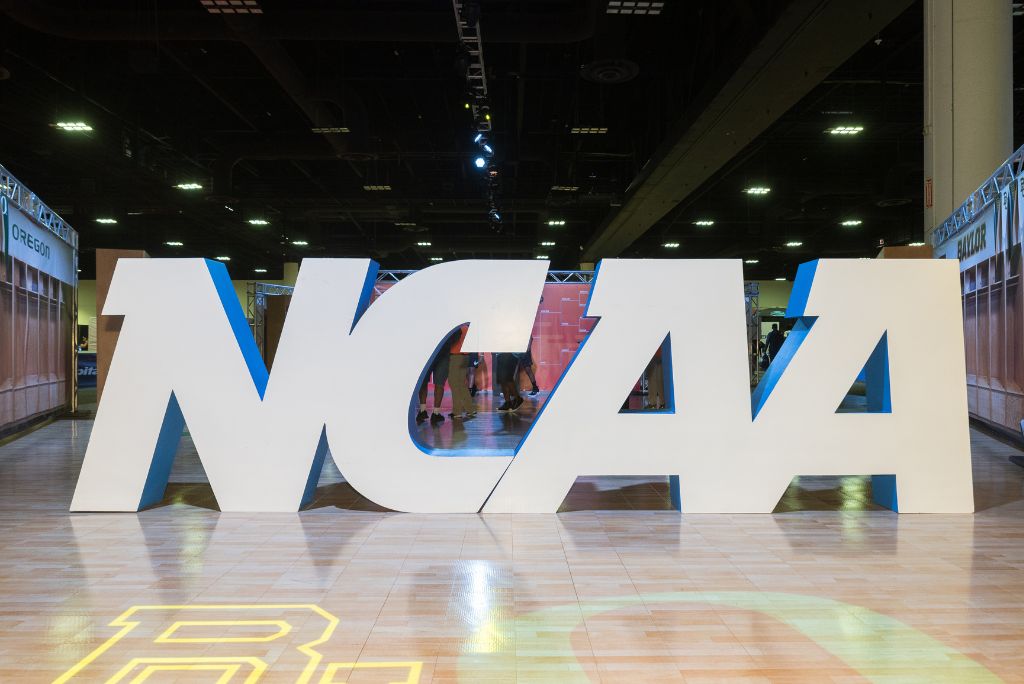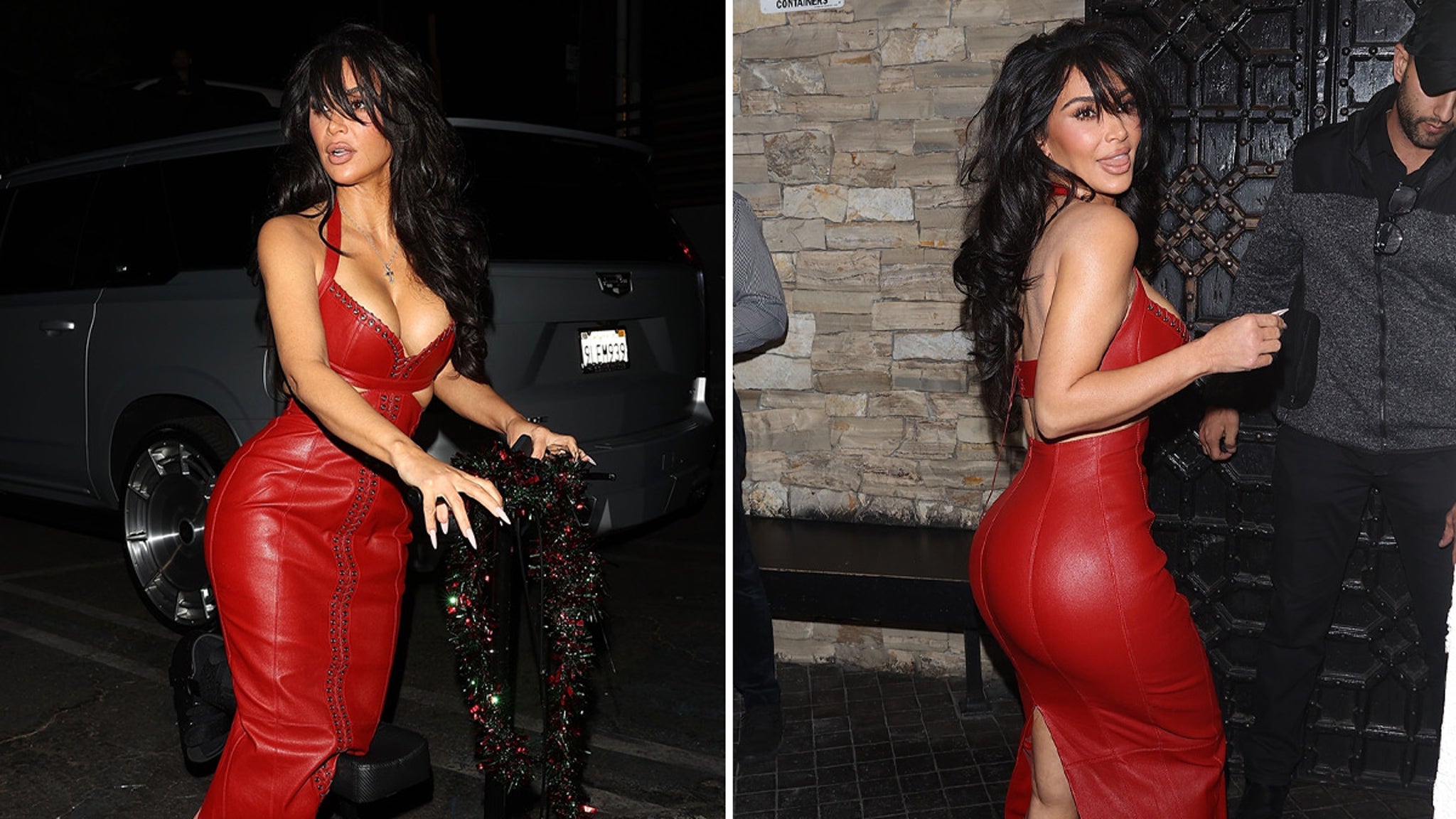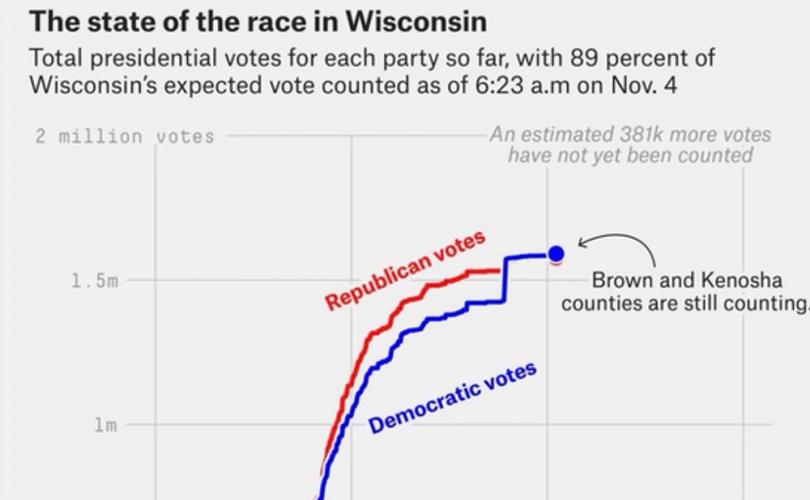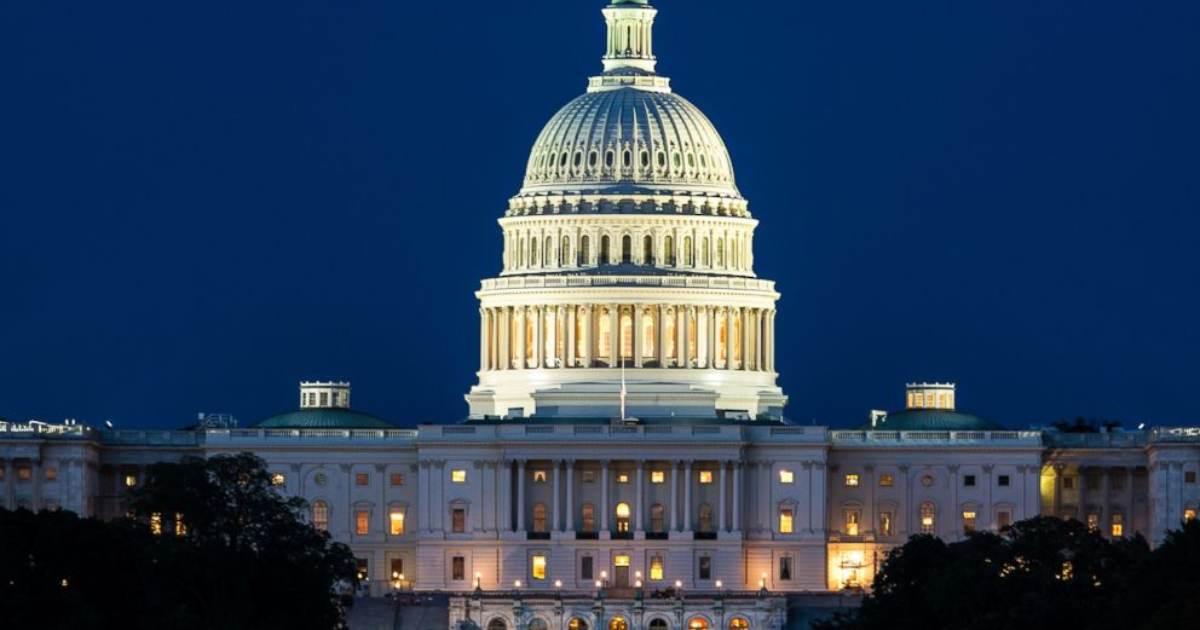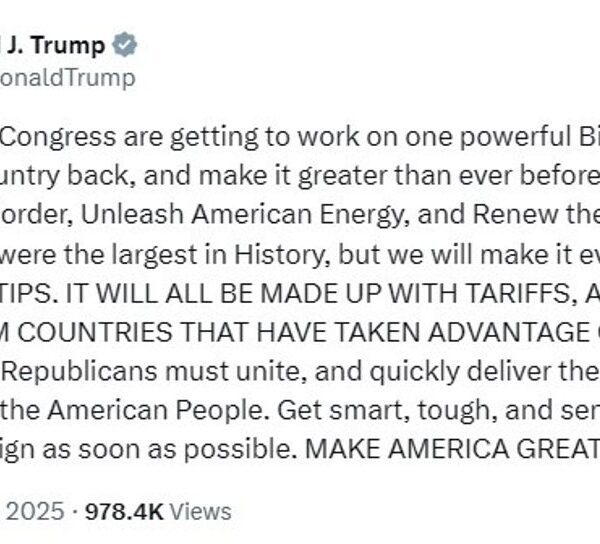ADVERTISEMENT
The recent hearing of the Senate Judiciary Committee exposed the NCAA’s stance on the participation of transgender athletes in female sports, sparking controversy and public criticism of its president, Charlie Baker.
Among the main criticisms is Baker’s suggestion that female athletes who feel uncomfortable sharing locker rooms with biological men should find other facilities, effectively shifting the responsibility for their safety onto the athletes themselves.
Senator Josh Hawley: “No federal court has ordered the NCAA to include biological men in women’s sports, right?”
NCAA President: “That’s more or less what they decided.”
Hawley: “Don’t say ‘more or less.’ We’re talking about the law.”
Exchange between Senator Hawley and Charlie Baker.
Controversial Statements
During the hearing, Baker was confronted by Senators Josh Hawley and John Kennedy, who criticized the NCAA’s policy allowing transgender athletes to use facilities according to their gender identity.
In response, Baker insisted that local institutions could make accommodations but avoided fully acknowledging the physical advantages of biological men in female competitions.
When Senator Kennedy asked if biological men have advantages over biological women, Baker initially called the issue «debatable,» although he later admitted these advantages exist.
This delayed response did little to calm the legislators’ criticisms, with some urging the NCAA to take concrete action.
“Why don’t you go to Amazon and buy a spine?” Kennedy exclaimed in a call to action.
Impact on Female Athletes
The NCAA’s stance has provoked a strong backlash.
Former swimmer Riley Gaines, known for her advocacy to protect women’s sports, has led lawsuits alongside other affected athletes, accusing the NCAA of violating their rights under Title IX.
Gaines, who shared a locker room with transgender swimmer Lia Thomas in 2022, described the experience as traumatic and denounced the lack of respect for the privacy and dignity of women.
“Women should not have to sacrifice their safety or their right to compete on equal terms due to policies that favor radical ideologies,” Gaines said in a recent statement.
The Legal Context
Baker argued that judicial decisions have supported the inclusion of transgender athletes, but critics point out that these rulings have not directly required the NCAA to implement these policies.
Recent rulings at the secondary school level, such as the decision in Arizona that allowed two transgender athletes to compete in female sports, have increased confusion, but do not address the impact on collegiate competitions.
Ongoing lawsuits against the NCAA seek to reverse these policies and protect women’s sports.
Organizations like Concerned Women for America have condemned Baker’s position, arguing that his leadership lacks the courage to defend women. “Baker’s mandate has revealed a shocking disregard for the safety and dignity that female athletes deserve,” said Macy Petty, the organization’s strategist.
With the support of political leaders and activists like Riley Gaines, the debate over female sports continues to intensify.
The question now is: How much longer will the NCAA continue to ignore the voices of the women it claims to represent?
The original article can be found on Voto Católico
About The Author

